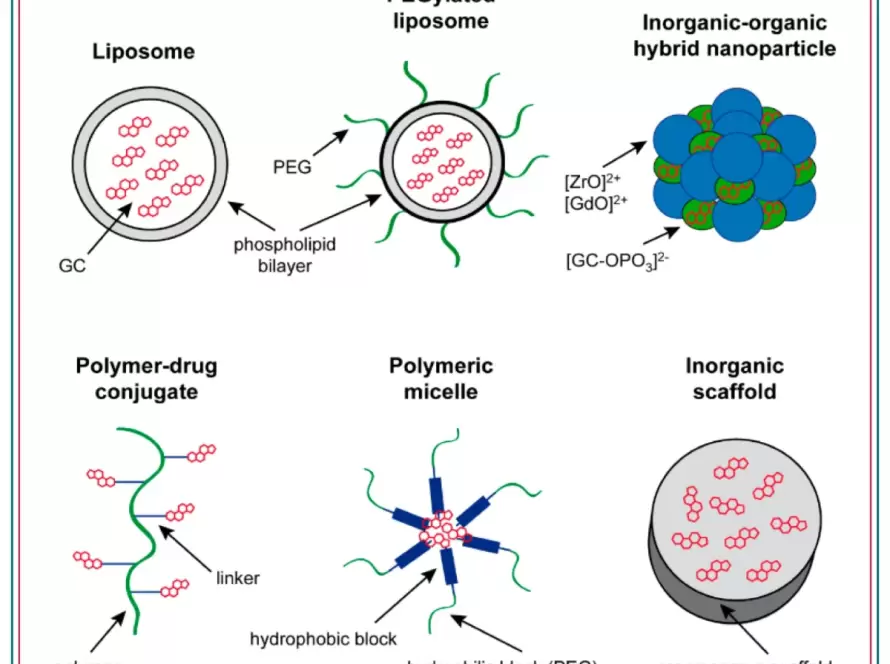The capsule is an oral dosage form and is designed in a cylindrical shape that contains the medicine, and it is manufactured to be easy to swallow. Pharmaceutical capsules are increasingly becoming a preferred alternative to tablets. A capsule can hold powders, granules, pellets, liquids that are otherwise nonpalatable and cannot be provided in a tablet form. Capsules are designed to be swallowed with a glass of water and one should never chew or break them into pieces. Now, let’s explore some of the ingredients commonly found in capsules.

Pharmaceutical capsules are primarily categorized into two types: hard gelatin capsules and soft gelatin capsules. Below is a detailed explanation of each type:
- Hard Gelatin Capsules: Hard gelatin capsules are composed of two joined pieces, with an outer coating made of edible gelatin, a protein. Inside the capsule, various powdered medications are filled to address specific health issues.
- Soft Gelatin Capsules: The manufacturing process for soft gelatin capsules is quite similar to that of hard gelatin capsules, but with a key difference in moisture content. During the production of soft gel capsules, plasticizers are added, making the capsules elastic and stable. Unlike hard gelatin capsules, soft gel capsules are not divided into parts but are a single unit. They are commonly used to deliver essential nutrients like vitamins, minerals, and calcium.


Pharmaceutical capsules, which contain exact dosages in a form that is portable and easily absorbed, provide a practical and efficient way to administer medication. Their adaptability allows them to handle a wide range of medications, including liquids and powders, guaranteeing precise administration and improved patient compliance. Capsules continue to be a vital component of contemporary medicine, bringing together pharmaceutical innovation and pragmatism to enhance patient outcomes globally. This makes them a desirable option for both pharmaceutical manufacturers and healthcare practitioners.



